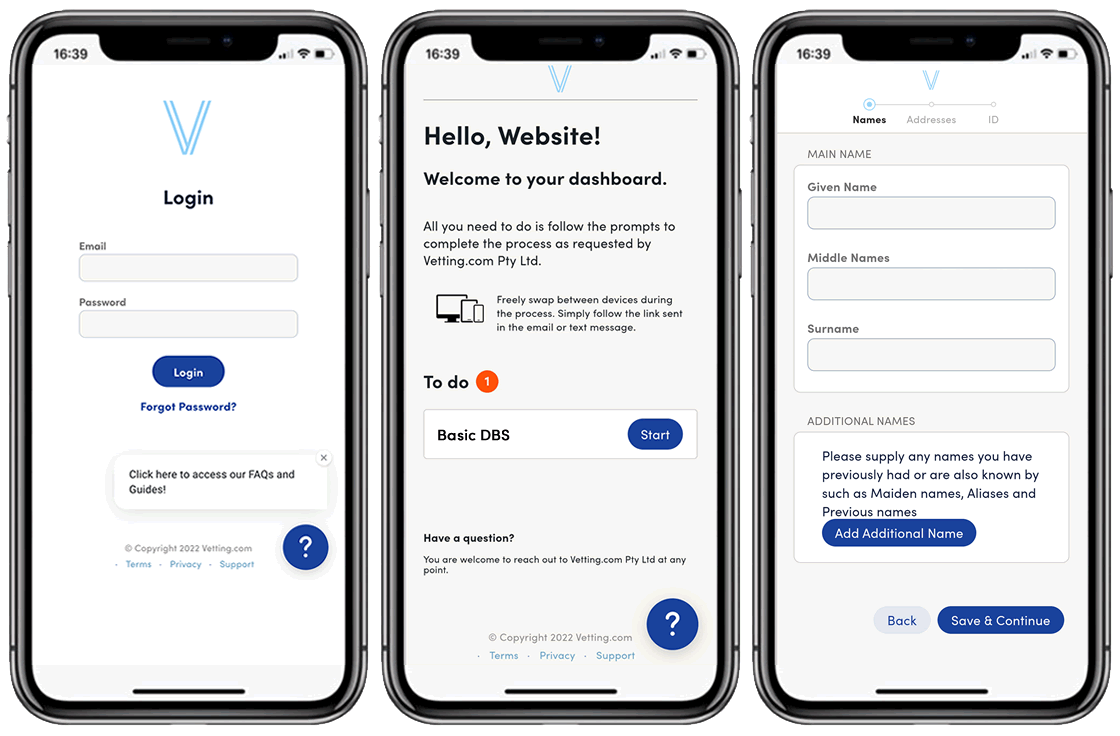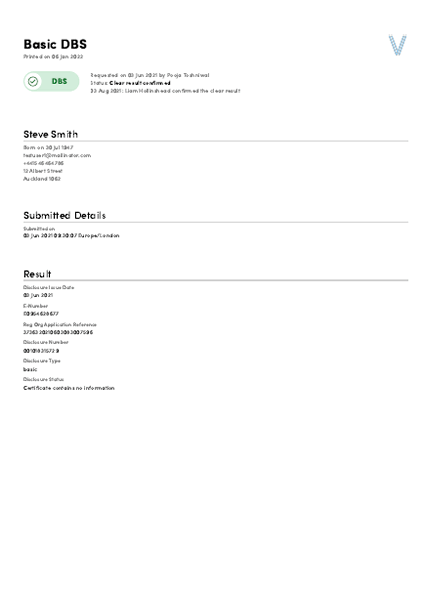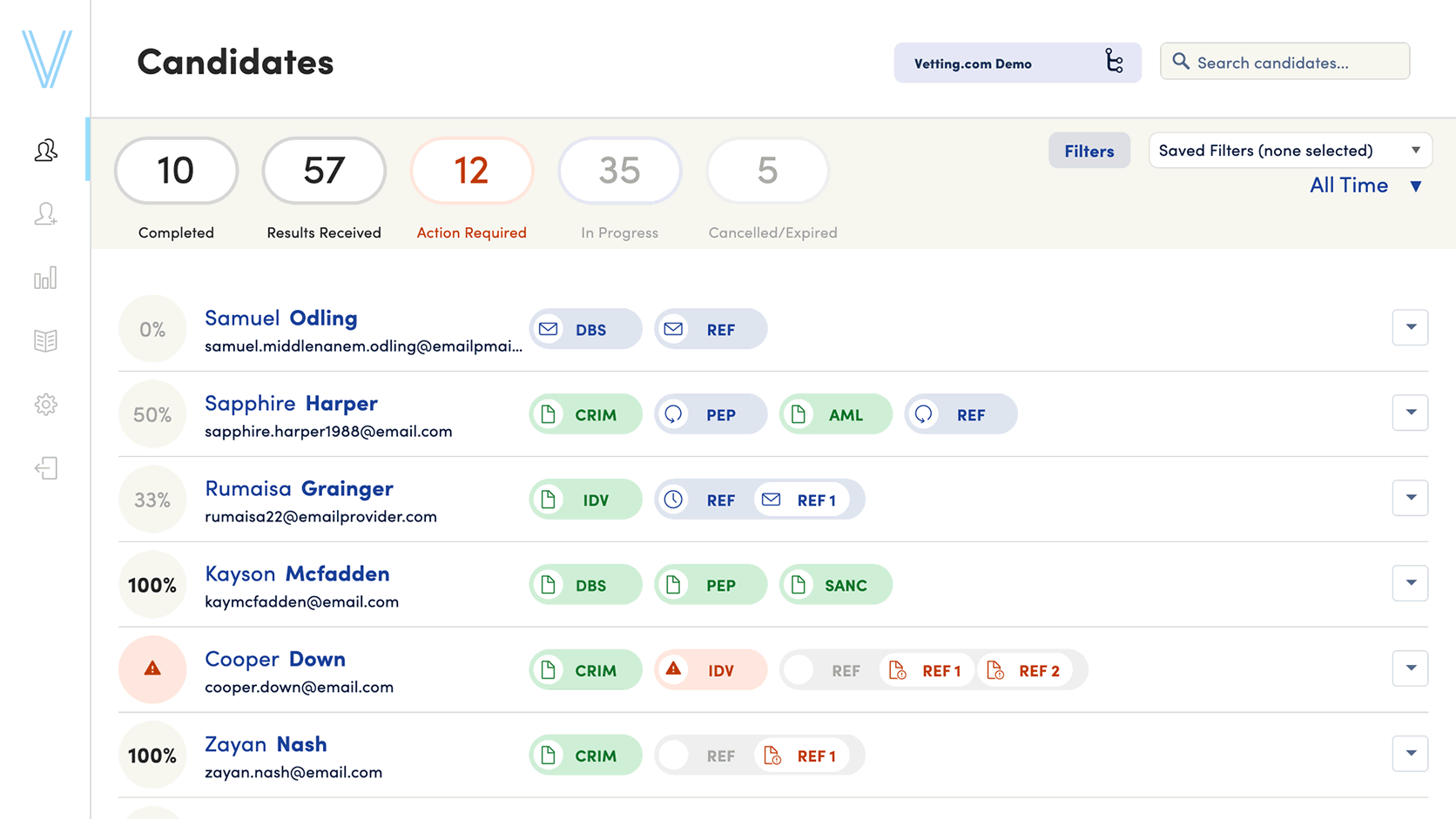There are 3 levels of DBS checks: Basic, Standard and Enhanced, each with their own level of eligibility requirements:
- Basic: this will show the candidate's unspent convictions or conditional cautions.
- Standard: this will show the candidate's spent or unspent convictions, cautions, reprimands, or warnings.
- Enhanced: this will show the same information as a Standard disclosure, as well as any other relevant information held by the candidate's local police force.







